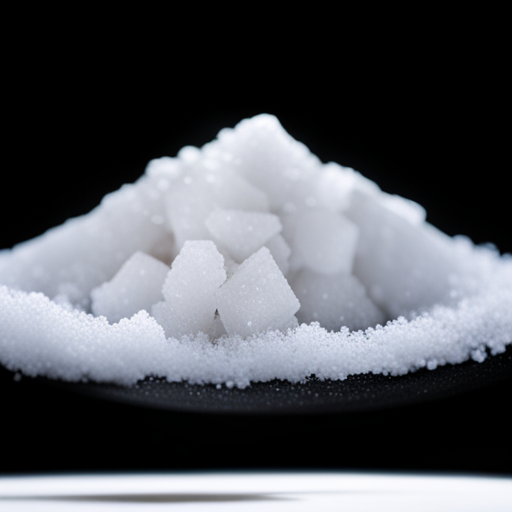
Comparing Electrolytes
A question we get asked a lot is .. what's the difference between the different electrolytes you sell?
To help you compare we've put together this overview so you can easily see how they stack up,
| Brand | Sodium | Magnesium | Potassium | $ per serve | Notes |
| Re-Lyte Unflavoured | 810mg | 50mg | 400mg | $1.07 | |
| LMNT Unflavoured | 1000mg | 60mg | 60mg | $2.165 | |
| Ancient Lakes Mineral Balance | 728mg | 18mg | 457mg | $0.66 | Made in AU |
| Ancient Lake Keto Blend | 810mg | 12mg | 210mg | $0.16 | Made in AU |
| Keto Chow Electrolyte Drops | 51mg | 18mg | 53mg | $0.36 | |
| Ocean Sourced Electrolyte Drops | 40mg | 102mg | 45mg | $0.26 | |
| Sodii Unflavoured | 1000mg | 70mg | 210mg | $1.955 (tub) | Made in AU |
| SALTT Clean Slate | 968mg | 178mg | 408g | $2.165 |
What are electrolytes and why do you need extra on the carnivore diet?
Electrolytes are essential minerals that support nerve and muscle function, hydration, blood pressure regulation, and tissue repair. When you cut out carbohydrates, as you do on a carnivore diet, your kidneys excrete more sodium, potentially disrupting the balance of other electrolytes.
The 3 "main" electrolytes
3. Magnesium
Recognising Deficiency
In addition to specific symptoms, a general sign of electrolyte deficiency can be persistent hunger. If you’re on a carnivore diet and constantly feel hungry, it might be time to increase your electrolyte intake.
Summary
Electrolytes are essential for optimal health on a carnivore diet. Monitor your intake of sodium, potassium, magnesium, and calcium, and adjust as needed. Use high-quality salts, consume plenty of meat and bone broth, and consider supplementation if necessary. By ensuring adequate electrolyte intake, you can avoid deficiencies and fully experience the benefits of a carnivore diet.
Please note
This information is not intended to diagnose, treat, cure or prevent any disease. We strongly recommend speaking with your Doctor or other health care professionals before taking any new supplements or changing your diet in any way.
